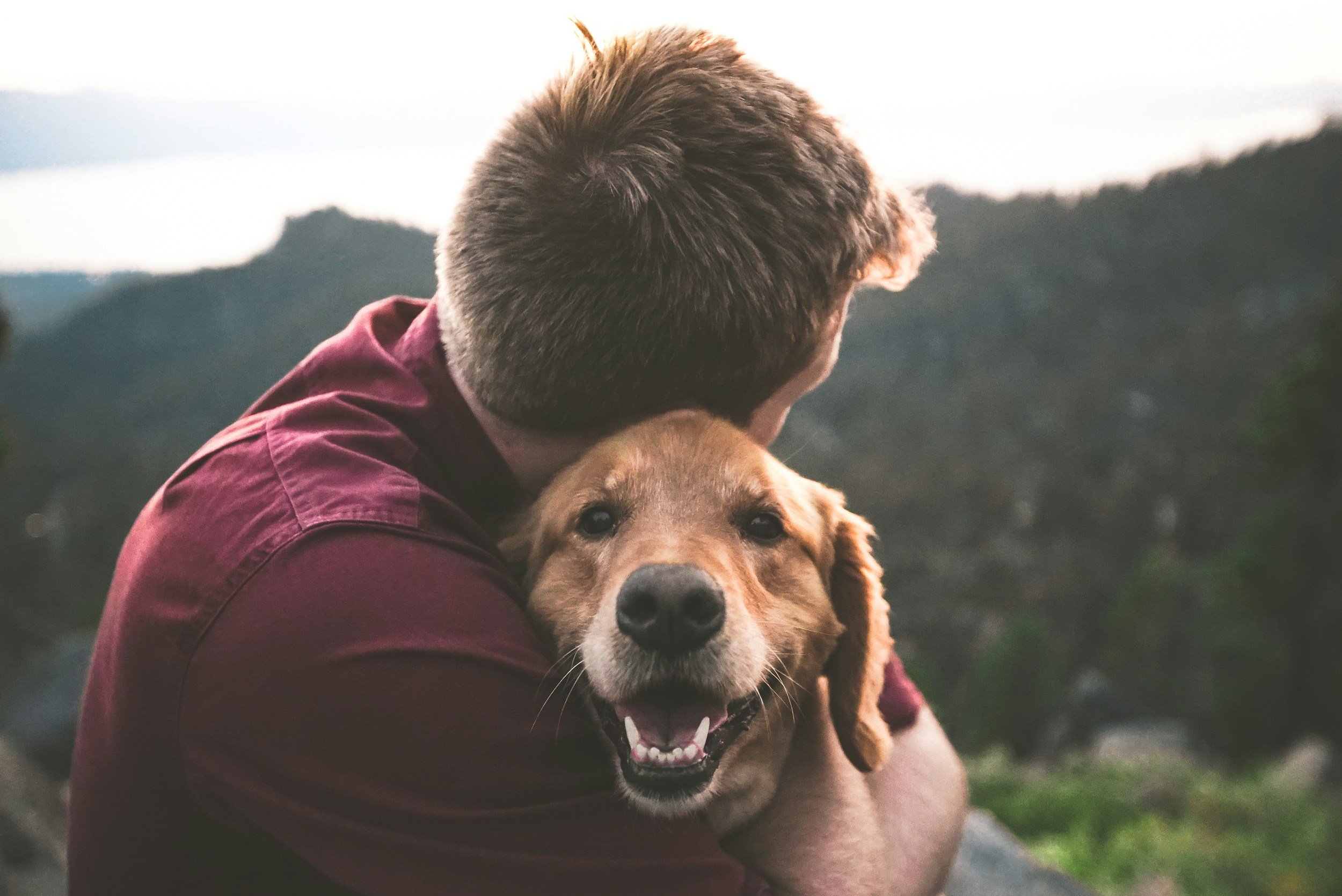
The Power of Space in Community Healing (part 6 of 6)
Stewardship of life extends beyond our relationships with animals—it includes our responsibility to the planet. Traditional cremation releases carbon emissions and particulate matter, contributing to environmental degradation (Herring, 2020). Aquamation, an eco-conscious alternative, aligns with the values of pet owners who seek a final act of care that respects both their beloved companions and the earth. As awareness grows, communities that embrace aquamation set new standards for sustainable aftercare.

Beyond Four Walls: Extending Support Through Aftercare (part 5 of 6)
Environmental psychologist Kaplan (1995) suggests that restorative environments—places that encourage reflection and emotional renewal—extend beyond structured spaces into nature and personal rituals. This idea informs our approach at Eternal Tides, where we encourage families to create their own remembrance practices, whether by scattering “cremains” (ashes) in a meaningful location, planting a memorial garden, or crafting personal tributes. These acts transform grief into an ongoing relationship with memory.

How Space Supports Grief Processing (part 4 of 6)
According to color psychology, different hues evoke different emotional responses. Soft greens, blues, and yellows, for example, have been shown to create a calming effect, reduce stress, and promote emotional healing (Elliot & Maier, 2014). While different hues of colors create different feelings from different audiences, often influenced by context and culture, one can often come to agreement with others about shared interpretations of colors

The Role of Space in Remembrance (part 3 of 6)
The role of space in remembrance is not just about location but about intention. As Yi-Fu Tuan (1977) noted, a place becomes meaningful when infused with experience. That is why our Memorial Space is more than a room—it is a sanctuary where pet owners can pause, reflect, and celebrate a lifetime of companionship.

Creating a Healing Environment: Intention and Purpose (Part 2 of 6)
At Eternal Tides, our Memorial Space and Comfort Room are more than locations for final goodbyes. They are intentionally designed spaces that support grieving pet owners, transforming loss into remembrance. Research in environmental psychology suggests that healing spaces incorporate natural elements, gentle lighting, and thoughtful design to promote emotional well-being.

Beyond a Place: How Space Shapes the Grieving Process (Part 1 of 6)
Grief is a deeply personal journey, shaped by emotion, memory, and environment. When we lose a beloved pet, the spaces where we say goodbye, reflect, and heal can profoundly impact our ability to process loss. Inspired by the work of philosopher Michel de Certeau, who distinguished between "place" (a physical location) and "space" (a meaningful environment shaped by movement and interaction), we understand that grief does not simply unfold in a place—it transforms within a space.

Love and Legacy: Honoring Pets with Meaningful Decisions
For many of us, pets are more than companions—they are family. When their time with us comes to an end, the choices we make for their aftercare not only reflect our love but also leave a legacy of how we honor the bond we shared. In Fargo, North Dakota, where pet owners seek compassionate solutions, these decisions are an opportunity to merge love with meaningful action.
Flame-based “traditional” pet cremation is a familiar choice, offering closure through memorialization. Yet, as more people explore environmentally conscious options, aquamation is emerging as a thoughtful alternative. This water-based process mirrors the natural decomposition of life, using far less energy and producing minimal emissions compared to cremation. According to research by Bartley et al. (2020), aquamation consumes only one-tenth the energy of fire-based cremation, reducing the environmental impact while offering the same opportunity to honor your pet’s memory.

Coping with Pet Loss: Resources and Support
Understanding how to cope with pet loss and where to find support can be crucial during this difficult time.
One of the first steps in coping is acknowledging the grief. Pet loss can trigger emotions similar to those felt after the loss of a human loved one, including sadness, anger, and even guilt. It’s important to give yourself permission to feel these emotions and recognize that your grief is valid.
